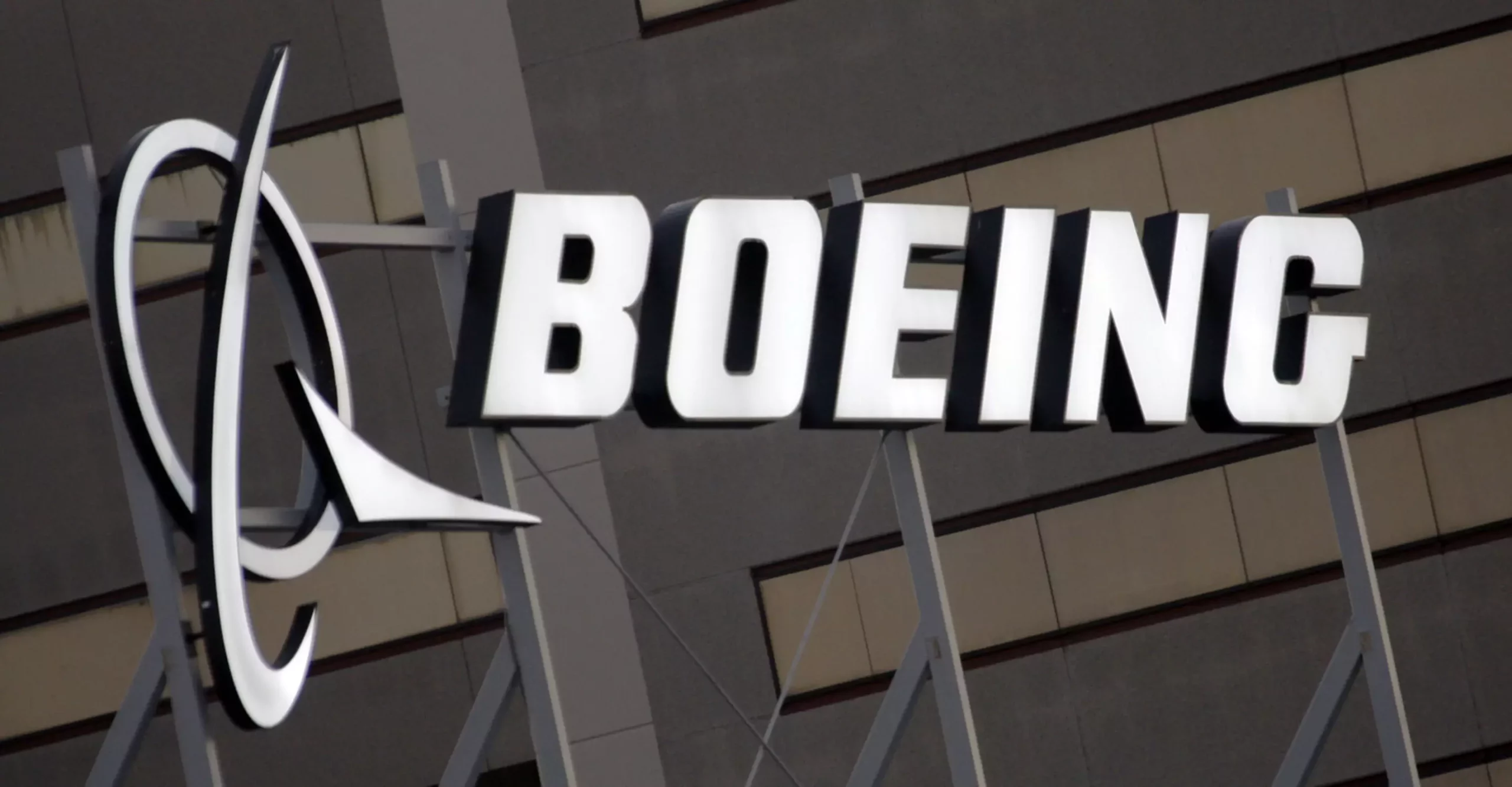Boeing recently made a significant leadership change in its Defense, Space, and Security (BDS) division, a move fueled by the need to address ongoing operational challenges and restore client trust. The departure of Theodore “Ted” Colbert III, who served as president and CEO of this division, raises questions about Boeing’s management strategy during a period marked by financial and operational woes. This article delves into the implications of this leadership transition, the challenges facing Boeing’s defense sector, and the potential path forward as it seeks new leadership.
Boeing’s decision to appoint Steve Parker, the existing chief operating officer of BDS, as the interim leader, suggests a desire for continuity in operations while navigating stormy waters. However, this temporary appointment could also reflect a lack of immediate candidates for a permanent role, highlighting a potential gap in leadership depth within the company. The company’s efforts to regain lost ground come after Colbert’s tenure as CEO, which was marred by underperformance and public relations challenges surrounding contracts with the Pentagon and NASA.
At the crux of Boeing’s struggles are a series of financially burdensome contracts that have only intensified over time. With the defense sector posting losses exceeding $6 billion since the beginning of 2022, Boeing finds itself under immense pressure to realign its strategies with market realities. The financial strain is further compounded by high-profile projects, including the development of new Air Force One presidential aircraft and refueling tankers, which have not met the expected timelines or budgets, leading to discontent among stakeholders.
Boeing’s challenges extend beyond terrestrial contracts to its ambitious space initiatives, particularly the Starliner capsule. After setbacks involving critical thruster failures during its inaugural human mission, NASA made the tough decision to withhold sending astronauts back home aboard Starliner. Instead, the astronauts will rely on SpaceX for their return journey, a scenario that not only undermines Boeing’s reputation but emphasizes the growing competition in aerospace partnerships. This incident is a stark reminder of Boeing’s critical need for competency in both execution and innovation within its space engineering projects.
In the wake of this leadership shake-up, Boeing’s immediate priority, as noted by new CEO Kelly Ortberg, is to restore customer confidence. The path to rebuilding trust requires not just better financial performance, but also a commitment to transparency and accountability in all dealings. Improved performance metrics and a focus on fulfilling contractual obligations may help assuage frustrations among both clients and government entities.
The recent changes at Boeing signal both a challenge and an opportunity. As the company navigates its changed landscape, effective leadership will be crucial in transforming its negative trajectory into a positive growth story. With a focused strategy and a renewed dedication to executing commitments, Boeing can potentially reclaim its status as a trusted leader in the defense and aerospace sectors. Indeed, the upcoming months will be a critical test of the company’s resolve and resilience in overcoming its current hurdles.


Leave a Reply